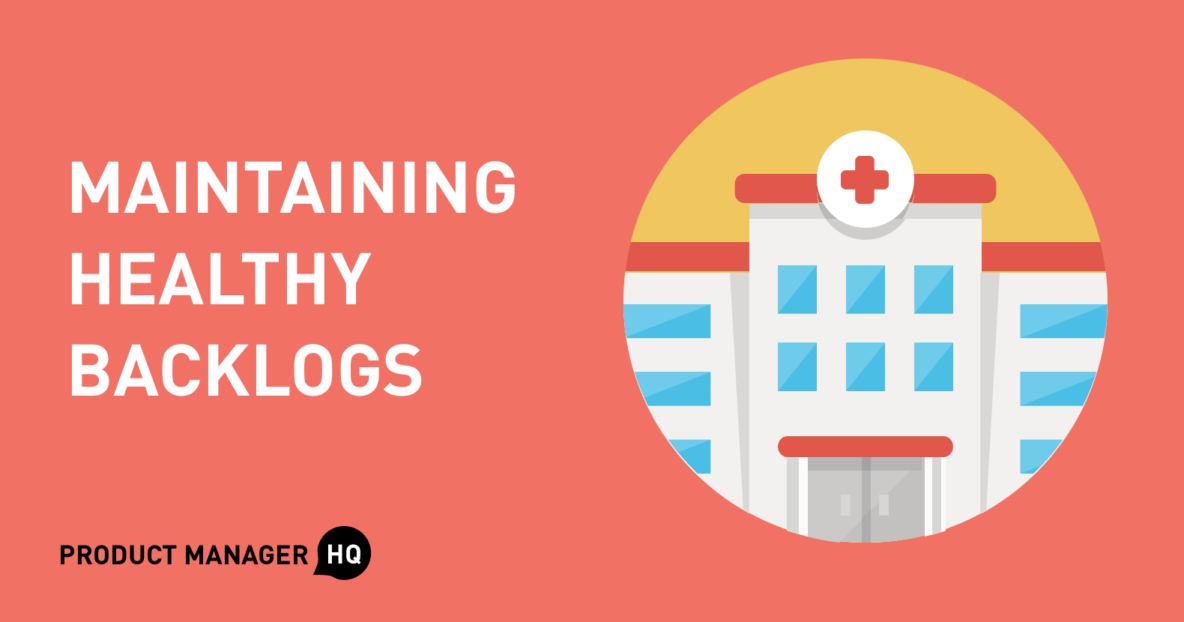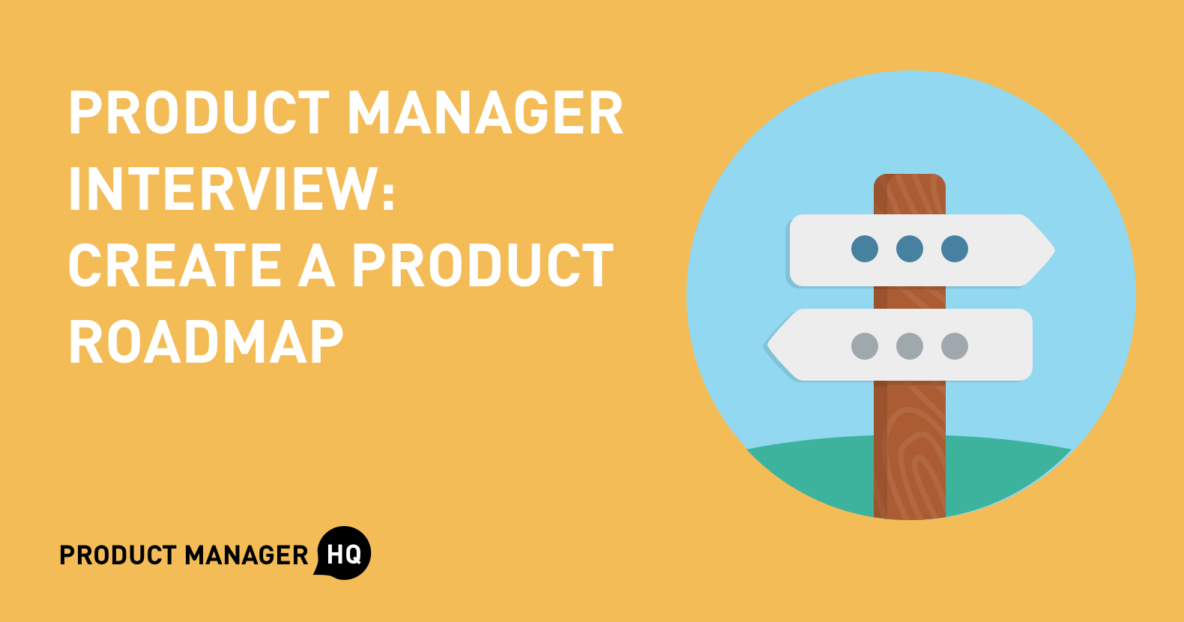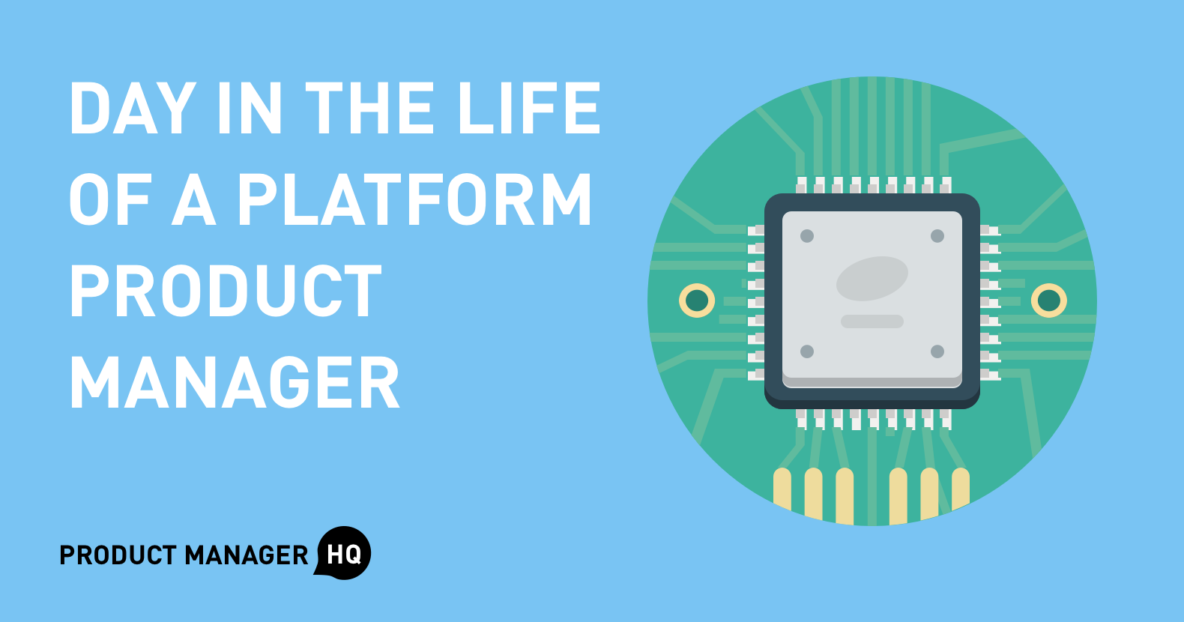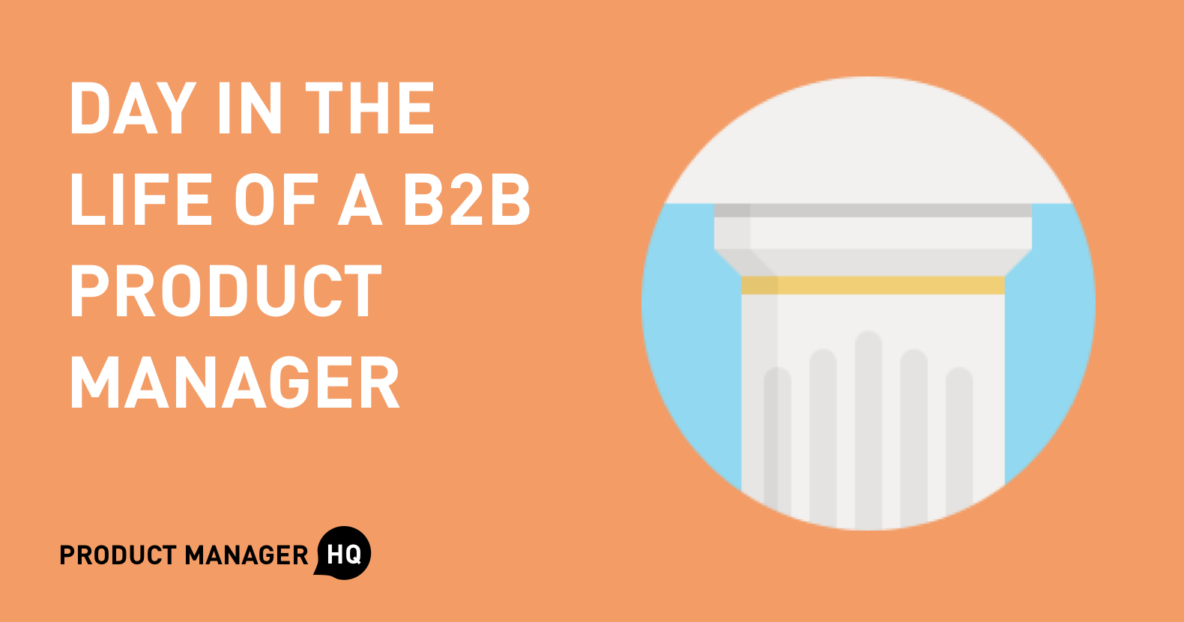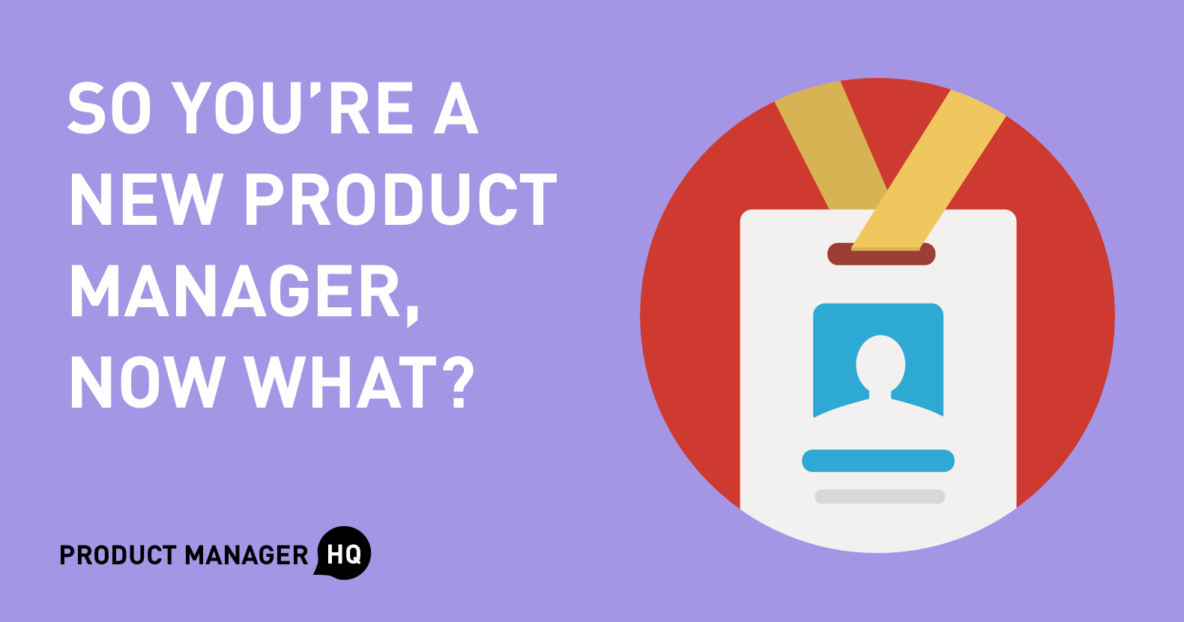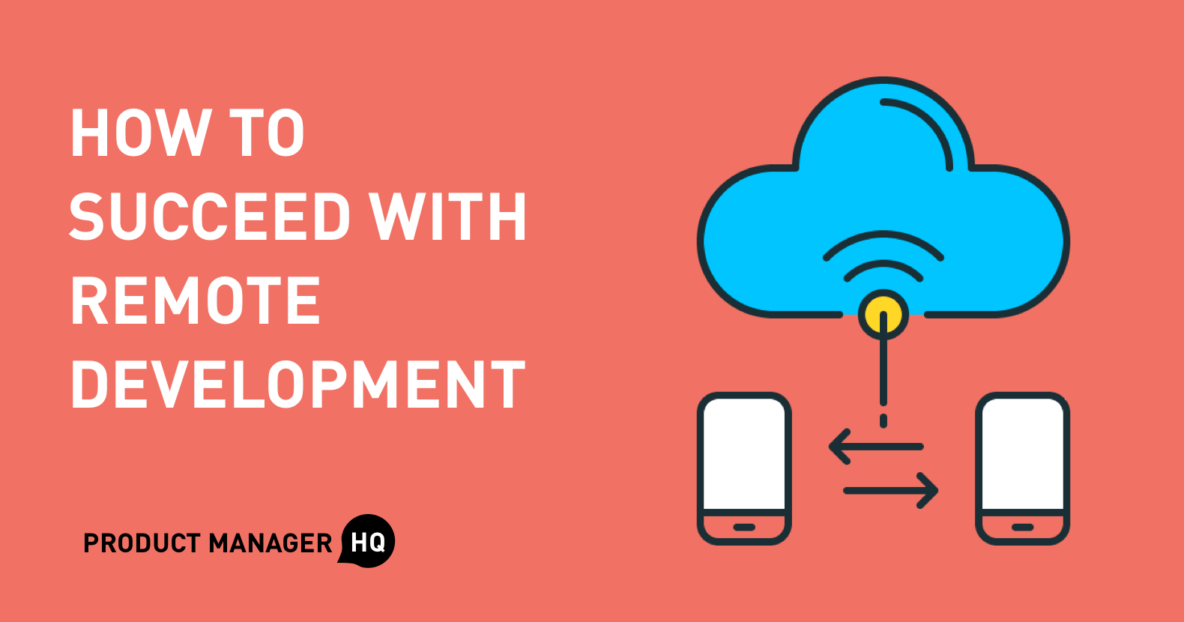Product backlogs are an invaluable way to gather ideas and capture inbound bugs from other stakeholders in the organization.
Not only that, as product managers, we heavily rely on our backlogs. We use backlogs to determine what’s ready to be loaded into the next sprint, what ideas need more grooming, and which initiatives should be postponed.
Yet, one of the problems with product backlogs is that they overflow very quickly. Ideas get placed in the backlog, and endless streams of tickets come in through all corners of the organization – yet, very few of these tickets ever get reviewed.
A disorganized backlog is a backlog that slows down the development team and causes confusion to stakeholders. Therefore, healthy backlogs are incredibly valuable.
Clement Kao has published 60+ product management best practice articles at Product Manager HQ (PMHQ). Furthermore, he provides product management advice within the PMHQ Slack community, which serves 8,000+ members. Clement also curates the weekly PMHQ newsletter, serving 27,000+ subscribers.

